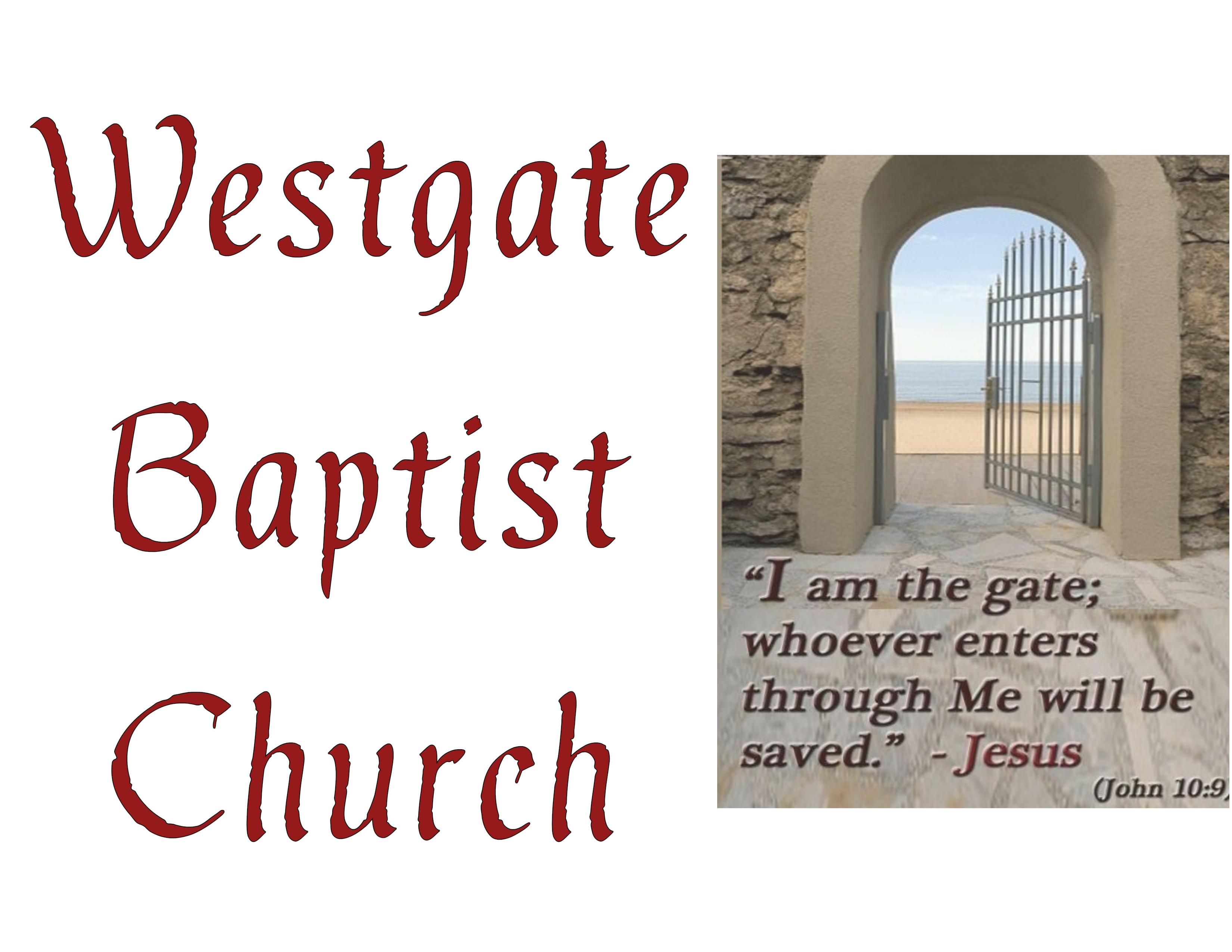We have a saying on our church sign at Westgate right now that says “Be Rich Quickly, Count Your Blessings.” A few people have made comment to me about the sign and a few have asked me what is meant by it. The sign addresses the importance of gratitude in fostering inner richness and inner depth. A person with an abiding spirit of gratitude is one who trusts God and seeks to have an open appreciation of God’s many gifts—thus reflecting a richness of spirit. One of the foremost qualities of a trusting disciple is gratefulness. The grateful heart cries out in the morning, “Thank you, Lord, for the gift of this new day.” And continues to express such gratitude as the blessings and challenges of the day unfold.
As I have lived and become more weathered by both times of ease and blessing and times of great adversity and loss—I have also come to value what I am calling INCLUSIVE GRATITUDE. Let me illustrate. I was leading a 12 step recovery meeting in my days as a Counselor when a man named ‘Tony’ introduced himself as a “grateful recovering addict.” He stood and said: “If I had to choose among the diseases that afflict human beings, I would choose mine (alcoholism), because I can do something about it.” He went on to say “Because without the Twelve Steps of this program I would never have found God.” Tony stepped back and saw the big picture of his life and had developed an Inclusive Gratitude outlook. Likewise in the Book of Job, that ruined man of God said, “If we take happiness from God’s hand, must we not take sorrow too?” Job 1:10
True gratitude is inclusive. Henri Nouwen the Priest and Author wrote of the spirituality of gratitude in his book Bread for the Journey: “To be grateful for the good things that happen in our lives is easy, but to be grateful for all of our lives—the good as well as the bad, the moments of joy as well as the moments of sorrow, the successes as well as the failures, the rewards as well as the rejections—that requires hard spiritual work. Still, we are only grateful people when we can say thank you to all that has brought us to the present moment. As long as we keep dividing our lives between events and people we would like to remember and those we would rather forget, we cannot claim the fullness of our beings as a gift of God to be grateful for. Let’s not be afraid to look at everything that has brought us to where we are now and trust that we will soon see in it the guiding hand of a loving God.”
So, Gratitude should be Inclusive. The integration and acceptance of the whole of our life story—even those very painful and difficult chapters of our lives is a key part of our wholeness. Although the Apostle Paul had never heard or used the term Inclusive Gratitude he certainly manifested it in his life. In 1 Thessalonians 5:18 he dared to write “For all things give thanks to God, because this is what God expects you to do in Christ Jesus.” And in Romans 8:28 he wrote “And we know that in all things God works for the good of those who love him, who have been called according to his purpose.” No doubt the all things Paul references in both of these profound verses includes the thorns as well as the roses, the sunsets and the sunrises, both the sunshine and the rain in our lives. A profoundly deep and trust-filled gratitude, a gratitude that radically embraces God’s goodness and redemptive nature, is no doubt an Inclusive Gratitude.
